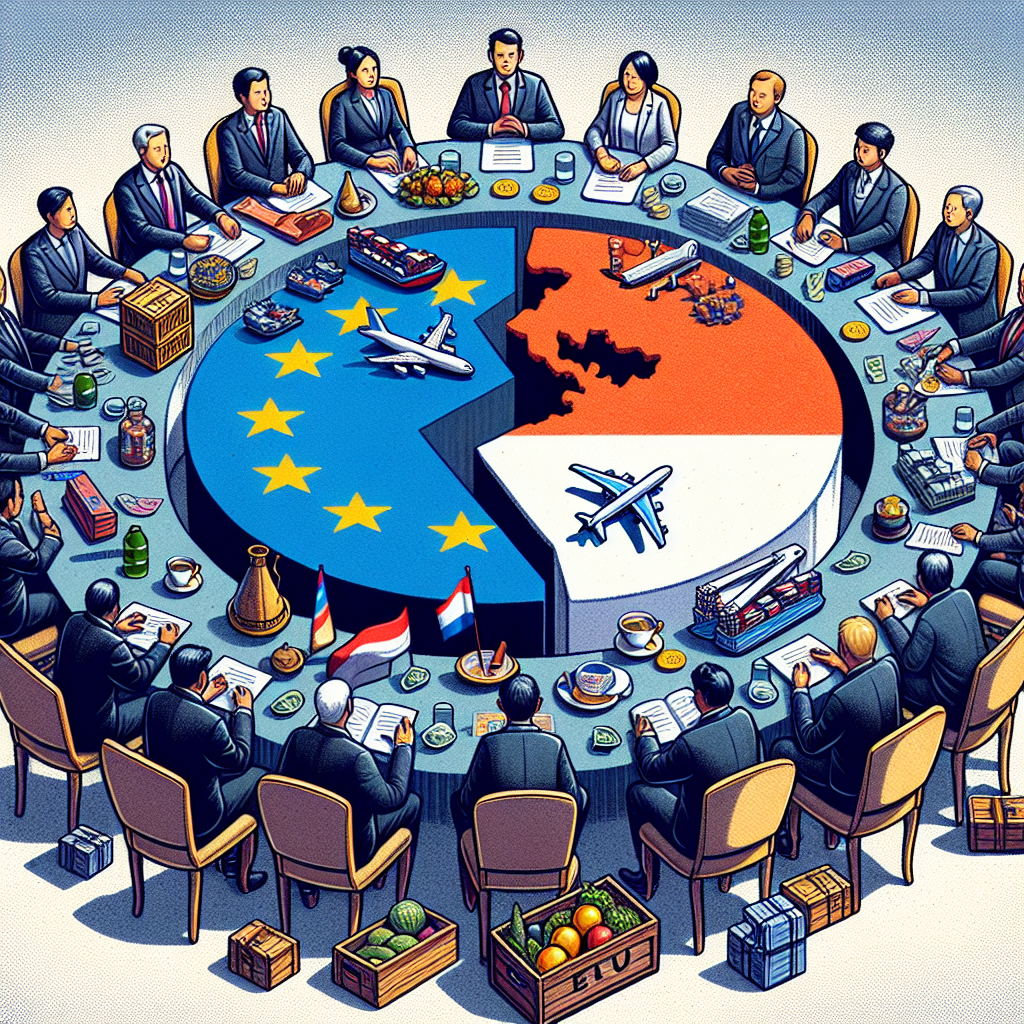EU-US Trade Deal: A Bitter Pill for German Companies
The majority of German companies anticipate negative impacts from the EU trade deal with the U.S., citing higher tariffs and bureaucracy as key concerns. Despite being politically necessary, less than 5% expect economic relief. Companies are seeking stability in other markets due to the deal's uncertainty.

- Country:
- Germany
A survey by the German Chamber of Commerce and Industry (DIHK) reveals that nearly 60% of German companies anticipate increased burdens from the EU's trade deal with the United States, specifically due to higher tariffs and increased bureaucracy.
This figure rises to 74% for firms with direct U.S. business ties, with just 5% expecting any economic relief from the arrangement. The agreement, which sets a 15% tariff on most EU goods, sparked criticism from many German businesses, seen largely as a political gesture rather than an economic advantage.
Helena Melnikov, chief executive of DIHK, highlighted concerns about the deal's sustainability, urging the EU Commission to push for further beneficial negotiations. As a result of these challenges, a significant number of German companies are exploring new, stable markets, with the European single market emerging as a prominent alternative.
(With inputs from agencies.)










